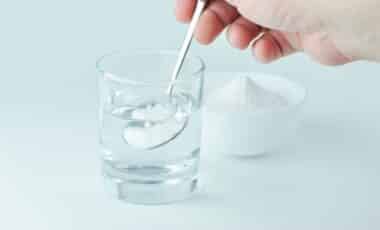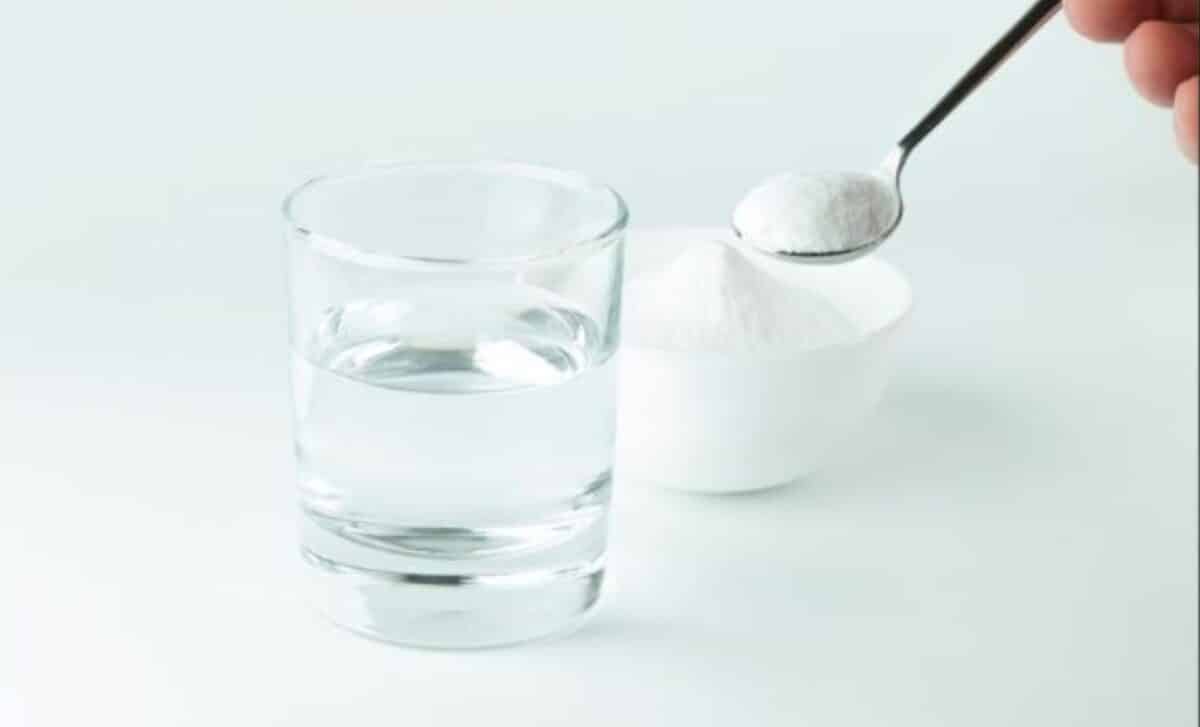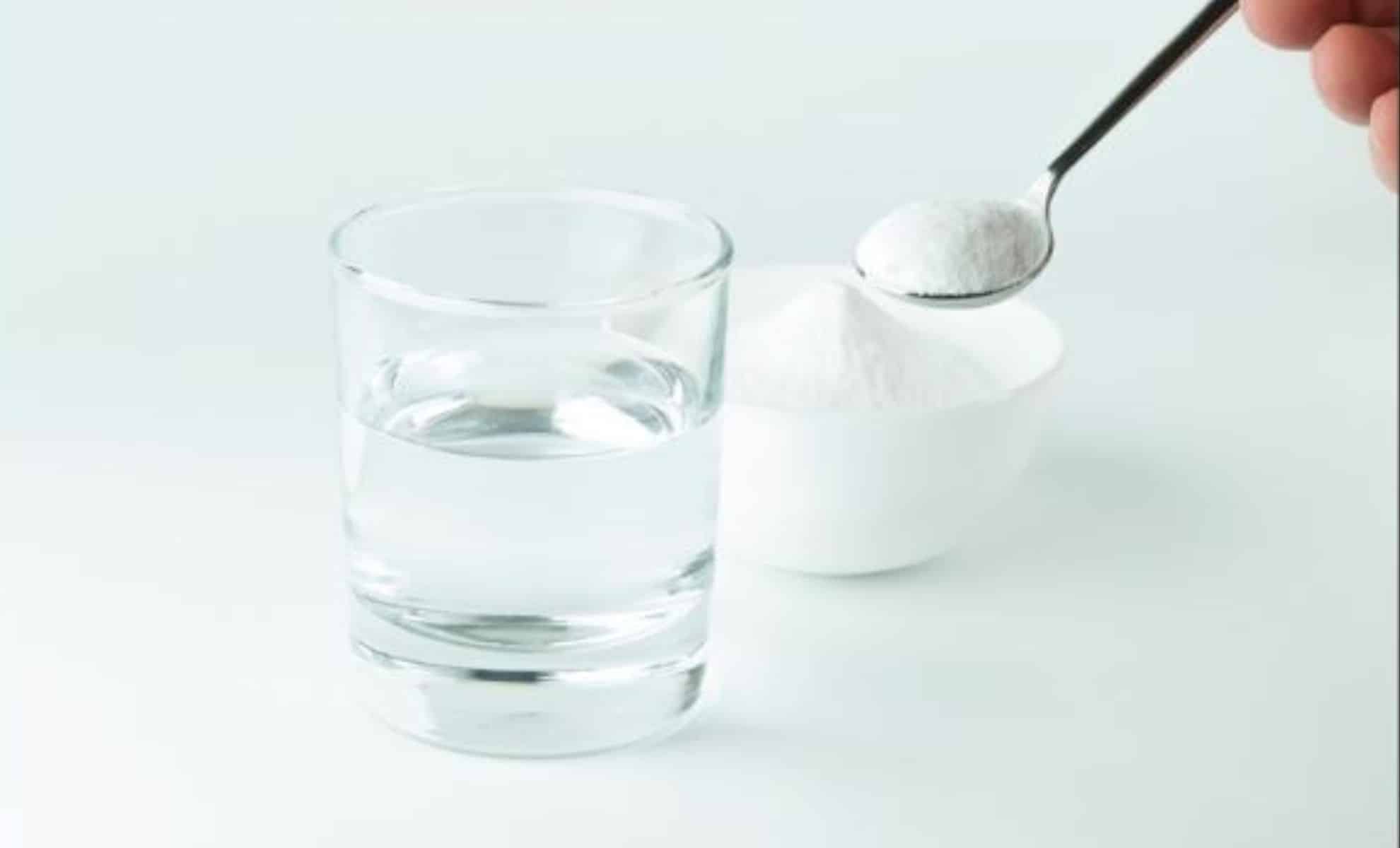Baking soda, a simple kitchen staple, has surged in popularity as a potential health supplement, with claims ranging from enhanced athletic performance to relief from acid reflux.
The Chemistry Behind Baking Soda: What It Does Inside Your Body
Baking soda, or sodium bicarbonate, is an alkaline compound composed of sodium, hydrogen, carbon, and oxygen. It’s widely known for its ability to neutralize acids, which is why it’s a common ingredient in antacids used to relieve heartburn and indigestion.
When dissolved in water, baking soda can raise the pH level of the liquid, making it more alkaline. This property is why many believe that drinking baking soda water can help balance the body's pH levels, potentially alleviating symptoms of acid-related conditions.
However, the human body is finely tuned to maintain a specific pH balance, particularly in the blood, which normally stays between 7.35 and 7.45. "Our bodies are really good at keeping our pH where it needs to be," says Grace Derocha, a registered dietitian and national spokesperson for the Academy of Nutrition and Dietetics.
She emphasizes that while baking soda can neutralize stomach acid, using it regularly can disrupt the body's natural pH regulation, potentially leading to metabolic alkalosis—a serious condition where the blood becomes too alkaline.*
Potential Benefits: What the Science Says About Baking Soda Water
One of the most touted benefits of baking soda water is its ability to improve athletic performance. During intense physical exercise, the body produces hydrogen ions, which increase acidity in the muscles and blood, leading to fatigue and decreased performance. Dr. Tamara Hew-Butler, an exercise physiologist and associate professor at Wayne State University, explains that ingesting baking soda before exercise may help buffer this acidity, allowing athletes to perform at higher intensities for longer periods.
Studies have shown that athletes who consume baking soda before engaging in activities such as cycling, running, or rowing experience delayed onset of muscle fatigue. "Ingesting baking soda can make your muscles work longer and harder," says Dr. Hew-Butler. However, the timing and dosage are crucial, as too much baking soda can cause gastrointestinal distress, including bloating, nausea, and diarrhea—effects that could severely hamper performance rather than enhance it.

Beyond its potential athletic and cardiovascular benefits, baking soda has been praised for its ability to aid digestion and relieve symptoms of indigestion and acid reflux. According to Jennifer Christman, a registered dietitian and director of clinical nutrition at OPTAVIA, baking soda's alkaline properties can neutralize stomach acid, providing relief from heartburn and sour stomach. "Some people find that drinking water with a spoonful of baking soda helps relieve indigestion," Christman says, noting that the base nature of baking soda can lower the pH of an acidic solution.
Britt Brandon also highlights that baking soda can help reduce built-up gas by returning the body’s pH to neutral levels. This adjustment can calm digestive processes, allowing foods to be broken down normally without causing discomfort. Additionally, Brandon suggests that regular consumption of baking soda water might support kidney health by regulating pH levels, improving hormone balance, and aiding in nutrient absorption.
The Risks: Why Too Much Baking Soda Can Be Dangerous
Despite its potential benefits, baking soda is not without its risks. Overconsumption or long-term use of baking soda can lead to serious health issues. Metabolic alkalosis, a condition where the body's pH becomes too alkaline, can disrupt normal bodily functions, including heart rhythm and blood pressure regulation. This condition can result in symptoms such as confusion, muscle twitching, hand tremors, and in severe cases, seizures or comas.
Moreover, baking soda is high in sodium—just one teaspoon contains over 1,200 milligrams. This is nearly 80% of the recommended daily sodium intake for most adults, according to the American Heart Association. Excessive sodium intake is linked to high blood pressure, heart disease, and stroke, making regular consumption of baking soda water potentially hazardous, especially for individuals with existing cardiovascular issues. Frances Largeman-Roth, a registered dietitian nutritionist, advises, "If you're on a low-sodium diet or have high blood pressure, you should definitely steer clear of baking soda as a supplement."
Baking soda can also interact with certain medications, reducing their effectiveness or increasing the risk of side effects. People taking medications for conditions like hypertension, kidney disease, or chronic heart failure should consult with their healthcare provider before considering baking soda as a supplement.
Expert Advice: How to Use Baking Soda Safely
Given the potential risks, experts recommend using baking soda sparingly and only under the guidance of a healthcare professional. "There's no universal dosage that works for everyone," notes Grace Derocha, emphasizing that what might be beneficial for one person could be harmful to another. For occasional relief from acid reflux, a small amount of baking soda—such as ¼ teaspoon mixed in water—might be sufficient, but it should not become a regular practice.
Dr. Hew-Butler also cautions against using baking soda as a performance enhancer without proper knowledge of dosage and timing. "If you're not careful, the side effects could outweigh any potential benefits," she warns.
Ultimately, while baking soda water can offer some health benefits, it is not a cure-all and should be used with caution. Understanding the science behind its effects on the body and consulting with a healthcare provider can help prevent the potentially serious risks associated with its misuse.




